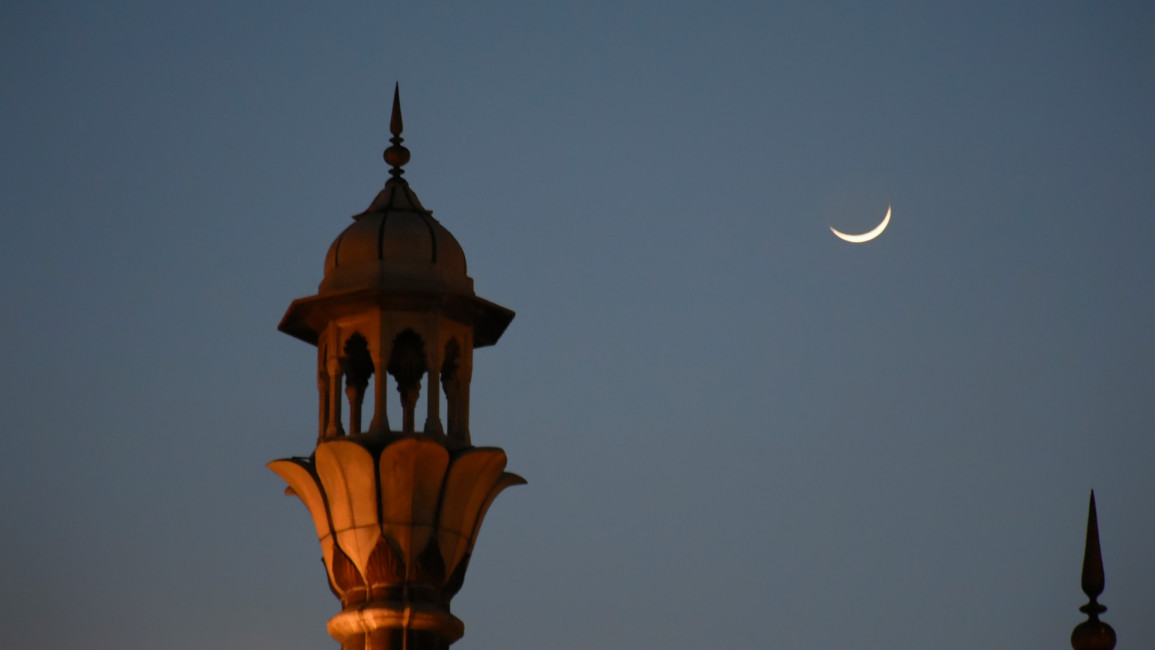Facebook to live stream Eid moonsightings from across UK with Muslim observers
Facebook on Wednesday is set to live stream moonsighting events from across the UK to determine the end of the Muslim holy month of Ramadan.
The social media giant will share the live footage with some 215 million users on its Facebook app shortly after the end of the day's fast on Wednesday evening.
The stream, which will be the first of its kind to be shared by the platform, will be brought to viewers in partnership with the Royal Observatory Greenwich, Exeter University and the New Crescent Society (NCS), a UK-based group dedicated to reviving the Islamic tradition of celestial observation.
|
||
A positive sighting will indicate the end of Ramadan and the beginning of the new month of Shawwal and the Eid ul-Fitr celebration.
The number of British Muslims conducting their own moonsightings has steadily grown in recent years, largely due to efforts of groups like the NCS. The group says on its Facebook page that it aims to create a unified UK Islamic calendar based on local moonsightings.
The creation of a local calendar would break with decades of British mosques relying on Saudi Arabia for moonsighting reports, which have long been the subject of criticism.
"The problem in particular with Saudi Arabia is that all year round, they don't do moonsightings. They use the Umm al-Qura calendar which is based on calculations, but that often means that their calendar is one day ahead of those based on physical sightings of the moon," Ahmed told The New Arab in 2019.
"So when they do carry out moonsightings, or claim to do so, they end up doing it one day early. Sometimes - and there are many instances in history of this - Saudi Arabia has even claimed the moon has been sighted when it was in fact below the horizon. We know that's not possible from our data and this is a cause for alarm."
A unified calendar could also spell an end to the issue of British Muslims celebrating Eid and other religious events on different days.
"For the first time in the history of UK Muslims, we have collected almost four years of consecutive moonsighting data which demonstrates that we can have a perfectly functional Islamic calendar in our own locality," the NCS said in a Facebook post ahead of Wednesday evening's live stream.
"As we continue to seek unity, we cannot think of two better partners for this event, and are grateful for their support," it added, referring to Facebook and the Royal Observatory Greenwich.
Follow us on Facebook, Twitter and Instagram to stay connected



